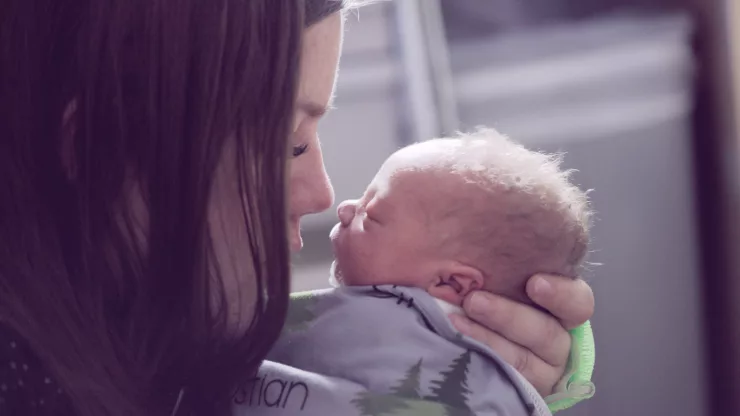Relationships are complex and beautiful at the same time. They are built on trust, love, and mutual understanding.
However, the dynamics of relationships change with time, especially when couples transition from being partners to parents.
This shift can bring about significant changes in the relationship, and it’s important to navigate these transitions with care to ensure a successful transition.
In this article, we will discuss the key elements to consider when navigating relationship transitions.
Jump to Section
Understanding Relationship Transitions
Relationship transitions are the changes that occur in a relationship over time. When couples become parents, their relationship undergoes a significant shift.
They must learn to balance their roles as partners and parents. This can be a challenging process, as the demands of parenthood can sometimes overshadow the needs of the partnership.
Understanding the nature of relationship transitions is crucial in navigating them successfully.
Communication: The Key to a Successful Transition
Communication is the foundation of any successful relationship, and it’s even more important during a relationship transition. Couples must communicate their needs, expectations, and concerns during this time.
Some key communication strategies include:
- Active listening
- Avoiding blame and criticism
- Using "I" statements instead of "you" statements
- Being open and honest
- Being respectful
Balancing Parenthood and Partnership
Balancing parenthood and partnership can be a challenging task. Couples must learn to prioritize their time and energy to ensure that both roles are fulfilled.
Some strategies for balancing parenthood and partnership include:
- Setting aside time for each other
- Sharing household and childcare responsibilities
- Prioritizing self-care and personal time
- Being flexible and adaptable
- Asking for help when needed
Managing Conflict and Resolving Differences
Conflict is a natural part of any relationship, and it’s important to manage conflict effectively to ensure a successful transition. Some strategies for managing conflict and resolving differences include:
- Active listening
- Avoiding blame and criticism
- Using "I" statements instead of "you" statements
- Finding common ground and compromise
- Seeking professional help if needed
Maintaining Intimacy and Connection
Maintaining intimacy and connection is crucial in any relationship, and it’s especially important during a relationship transition. Some strategies for maintaining intimacy and connection include:
- Setting aside time for each other
- Being affectionate and loving
- Being open and honest about needs and desires
- Being physically intimate
- Engaging in shared hobbies and interests
Embracing Change and Growth
Relationship transitions bring about change and growth, and it’s important to embrace these changes. Some strategies for embracing change and growth include:
- Being open and adaptable
- Focusing on the positive aspects of change
- Learning from challenges and mistakes
- Celebrating successes and milestones
- Seeking personal and professional growth opportunities
FAQ
- How can we maintain our intimacy after becoming parents?
- What should we do if we can’t resolve our conflicts on our own?
- How can we balance our roles as parents and partners?
- What are some common challenges of relationship transitions?
- How can we communicate effectively during a relationship transition?
Navigating relationship transitions can be challenging, but it’s also an opportunity for growth and connection.
By understanding the nature of relationship transitions, communicating effectively, balancing parenthood and partnership, managing conflict, maintaining intimacy, embracing change and growth, couples can successfully navigate this transition together.
Remember, relationships take work, but the rewards are worth it.

With a deep passion for personal development, Ben has dedicated his career to inspiring and guiding others on their journey towards self-improvement.
His love for learning and sharing knowledge about personal growth strategies, mindfulness, and goal-setting principles has led him to create My Virtual Life Coach.
Contact Ben at [email protected] for assistance.




